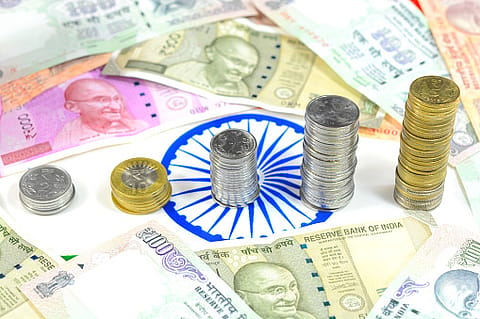IPEF concludes negotiations on clean economy, fair economy
IPEF seeks to strengthen economic engagement among partner countries with the goal of advancing growth, peace and prosperity in the region.

The 14 partner countries of the Indo-Pacific Economic Framework for Prosperity (IPEF) have announced substantial conclusion of negotiations on a clean economy and fair economy, the two focus areas of collaboration.
The announcement came after the end of the third IPEF Ministerial Meeting in San Francisco, California on 14 November. India was represented by Piyush Goyal, Union Minister for Commerce and Industry, Consumer Affairs, Food and Public Distribution, and Textiles.
Launched jointly by the USA and other partner countries of the Indo-Pacific region on May 23, 2022 at Tokyo, IPEF has 14 partner countries including Australia, Brunei, Fiji, India, Indonesia, Japan, Republic of Korea, Malaysia, New Zealand, Philippines, Singapore, Thailand, Vietnam & USA. It seeks to strengthen economic engagement among partner countries with the goal of advancing growth, peace and prosperity in the region.
The framework is structured around four pillars relating to Trade (Pillar I); Supply Chains (Pillar II); Clean Economy (Pillar III); and Fair Economy (Pillar IV). India has joined Pillars II to IV of IPEF while it has an observer status in Pillar-I. The third Ministerial saw negotiations under the IPEF Pillar-III (Clean Economy), Pillar IV (Fair Economy) and the Agreement on the Indo-Pacific Economic Framework for Prosperity (which seeks to establish a ministerial-level council and a commission).
The Pillar II negotiation on Supply Chain was the first to be concluded in May itself. The third Ministerial saw partner countries recognizing the importance of building resilient and competitive supply chains across the Indo-Pacific region, and signing the Indo-Pacific Economic Framework for Prosperity Agreement Relating to Supply Chain Resilience (IPEF Supply Chain Agreement).
Under the Clean Economy (Pillar-III), IPEF partners are aiming to advance cooperation on research, development, commercialization, availability, accessibility, and deployment of clean energy and climate friendly technologies, and facilitate investment towards climate-related projects in the region. The Fair Economy (Pillar-IV) is meant to strengthen implementation of effective anti-corruption and tax measures to boost commerce, trade, and investment among IPEF economies.
In a statement issued after the conclusion of the third Ministerial, IPEF partners said they have achieved unprecedented results in record time, developing innovative, first-of-their-kind approaches to addressing 21st century challenges and strengthening economic engagement across a critical region comprising 40% of global GDP and 28% of global goods and services trade.